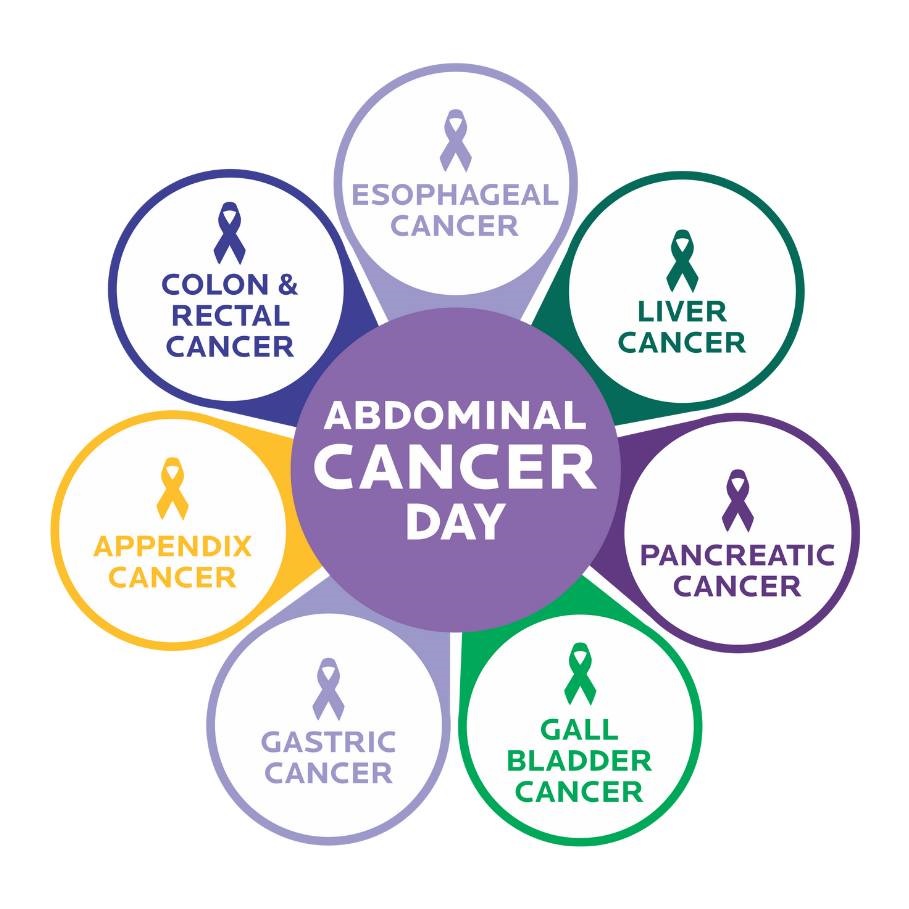Esophageal cancer refers to the malignant growth of cells in the esophagus, the tube that connects the throat to the stomach. This type of cancer can develop anywhere along the length of the esophagus and is a serious and often life-threatening condition. Understanding the symptoms, causes, and treatment options for esophageal cancer is crucial for early detection and effective management of the disease.
Symptoms of Esophageal Cancer:
Esophageal cancer symptoms may not manifest in its early stages, but as the disease progresses, common signs may include difficulty swallowing (dysphagia), unintentional weight loss, chest pain, hoarseness, persistent cough, and indigestion. These symptoms often mimic other less severe conditions, making early diagnosis challenging.
Types and Causes:
There are two primary types of esophageal cancer: adenocarcinoma and squamous cell carcinoma. Adenocarcinoma usually occurs in the lower part of the esophagus and is often linked to chronic acid reflux or gastroesophageal reflux disease (GERD). On the other hand, squamous cell carcinoma usually develops in the upper part of the esophagus and is strongly associated with smoking and excessive alcohol consumption. Other risk factors include obesity, a diet low in fruits and vegetables, older age, and certain medical conditions like Barrett’s esophagus.
Diagnosis and Staging:
Diagnosing esophageal cancer typically involves a series of tests, including endoscopy, biopsy, imaging scans (such as CT scans or PET scans), and other procedures to determine the extent of the cancer and its staging. Staging is crucial as it helps in deciding the appropriate treatment and prognosis.
Treatment Options:
Treatment for esophageal cancer depends on various factors, including the cancer stage, the patient’s overall health, and personal preferences. The common treatment options include surgery, chemotherapy, radiation therapy, targeted therapy, and immunotherapy. Surgery might involve removing the part of the esophagus affected by cancer (esophagectomy) and reconnecting the remaining healthy portions of the esophagus to the stomach. Chemotherapy and radiation therapy can be used alone or in combination with surgery.
Prevention and Early Detection:
Preventing esophageal cancer involves lifestyle modifications such as quitting smoking, reducing alcohol consumption, maintaining a healthy weight, and adopting a diet rich in fruits and vegetables. Regular screenings are also crucial, especially for individuals with a history of GERD, Barrett’s esophagus, or other risk factors.
Support and Prognosis:
Esophageal cancer diagnosis can be emotionally and physically challenging. Support groups, counseling, and resources for patients and their families can significantly help in coping with the disease. The prognosis for esophageal cancer varies widely depending on the stage at diagnosis, overall health, and the effectiveness of treatment.
In conclusion, esophageal cancer is a serious condition that requires prompt attention and care. Recognizing the symptoms, understanding the risk factors, and adopting a healthy lifestyle are vital in preventing this disease. Early detection through regular screenings can improve the chances of successful treatment. Continued research and advancements in medical science offer hope for better treatments and improved outcomes for those affected by esophageal cancer. If you or someone you know experiences persistent symptoms associated with esophageal cancer, seeking medical advice and evaluation is crucial for early diagnosis and appropriate treatment.





